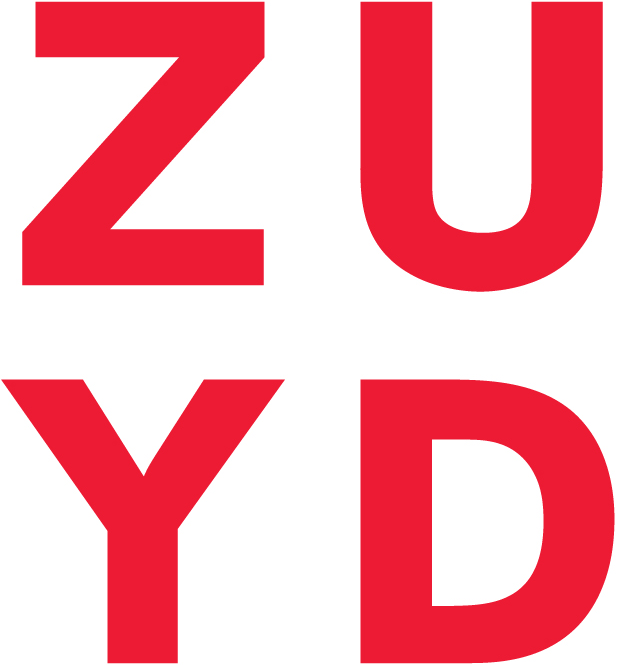Open Access publishing
Open Access is a global trend based on providing access to research outputs free of all restrictions, especially research that is financed by public funding. Access to knowledge, information, and data is vital to higher education and for research.
The website of Zuyd University of Applied Sciences states that Zuyd Research aims to encourage the development, transfer, and circulation of knowledge. Zuyd University, as an institute, endorses and encourages the Open Access availability of its educational and research-related knowledge products so making a contribution to knowledge creation and knowledge circulation.
Berlin Declaration
The board of the Netherlands Association of Universities of Applied Sciences signed the Berlin Declaration on Open Access in 2009 on behalf of all Dutch universities of applied sciences. By signing the Berlin Declaration, universities of applied sciences state their intention to make their research output freely accessible to everyone. The Dutch universities had previously signed the Berlin Declaration.
Knowledge products can be saved and made accessible in a repository. Zuyd University of Applied Sciences has its own institutional repository, namely Sharekit. Knowledge products are stored here and provided with metadata. Sharekit complies with the international standards for the free exchange of data. Sharekit is also linked to the electronic depot of the National Library of the Netherlands that ensures digital durability. The staff of Zuyd Library uploads the files and adds the metadata.
Knowledge products are displayed on the HBO Kennisbank soon after they have been uploaded. Knowledge products produced by lecturers will also automatically be displayed on the academic portal NARCIS.
HBO KENNISBANK
The HBO Kennisbank is the primary access portal to the knowledge products produced by the universities of applied sciences. These are made available for use by others by their inclusion in the HBO Kennisbank. 22 other Dutch universities of applied sciences are participants in the HBO Kennisbank.
NARCIS
NARCIS provides access to academic information including Open Access publications in the repositories of all the Dutch universities, KNAW (Royal Netherlands Academy of Arts and Sciences), NWO (The Netherlands Organization for Scientific Research), and other academic institutions.
Once uploaded to the institutional repository, the knowledge products produced by lecturers is automatically connected to NARCIS. A Digital Author Identifier (DAI) is allocated to the name of the lecturer. This is a unique, national number that can be attributed to a researcher. The DAI integrates the different spellings of an author's name and distinguishes between authors that have the same name.
Open Access Journals
A researcher may also decide to publish in an Open Access Journal. The Directory of Open Access Journals (DOAJ) contains a complete listing of more than 10,000 peer reviewed academic Open Access journals. Hybrid journals have also been included in this listing. Hybrid journals are journals for which a subscription fee is charged but an author can still submit an article for Open Access (publication fees still apply).
Creative Commons
Creative Commons provides authors, artists, academics, lecturers, and all other creative producers the freedom to manage their copyrights in a flexible manner.
With a choice of six free different standard licences, the copyright holder determines the extent to which his or her work may be distributed.
Publishing work with a Creative Commons licence does not mean that the author surrenders their copyright. The author maintains all the rights to his or her work but clearly delineates the conditions under which others are allowed to use or reproduce the work. This includes the circulation, sharing, and in the case of some licences, even the revision of the work.
Without a Creative Commons licence, everyone would have to obtain express permission every time the work is used.
You can find an overview of the six different licenses available on the website of Creative Commons.
